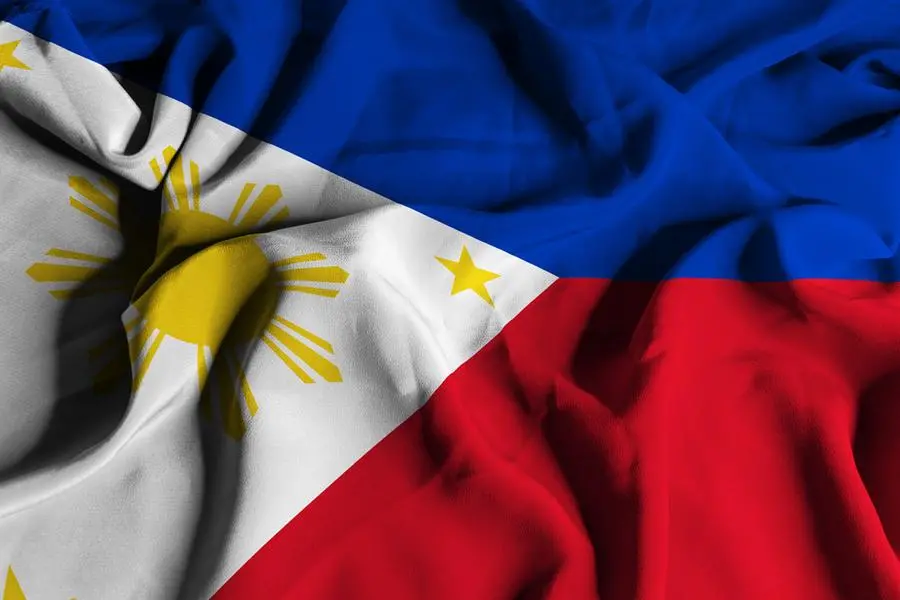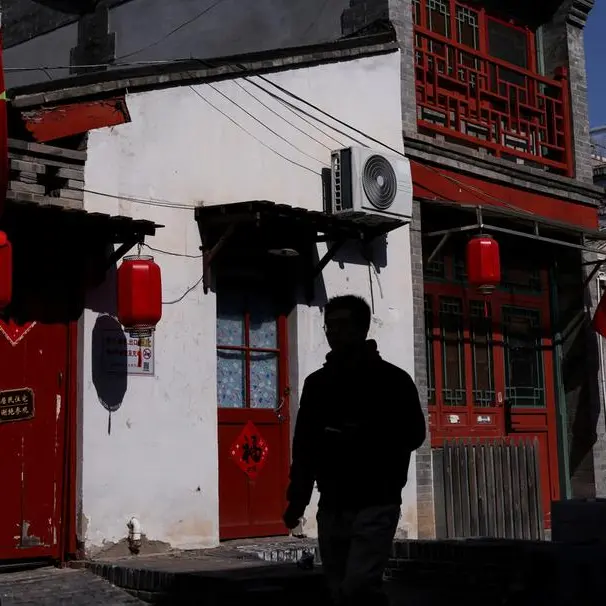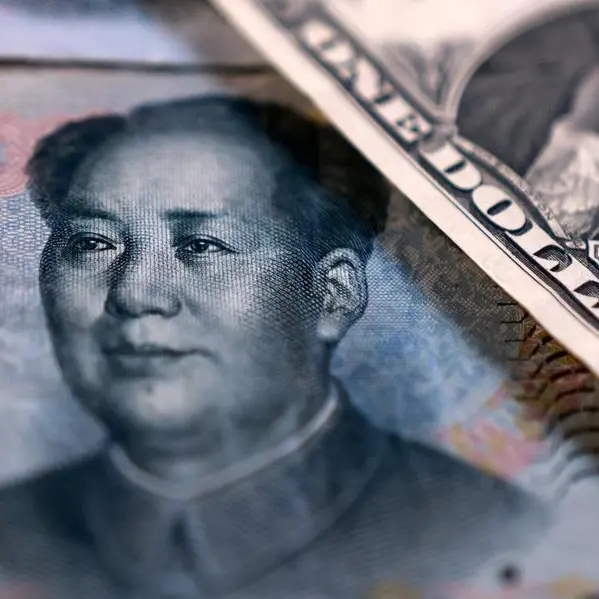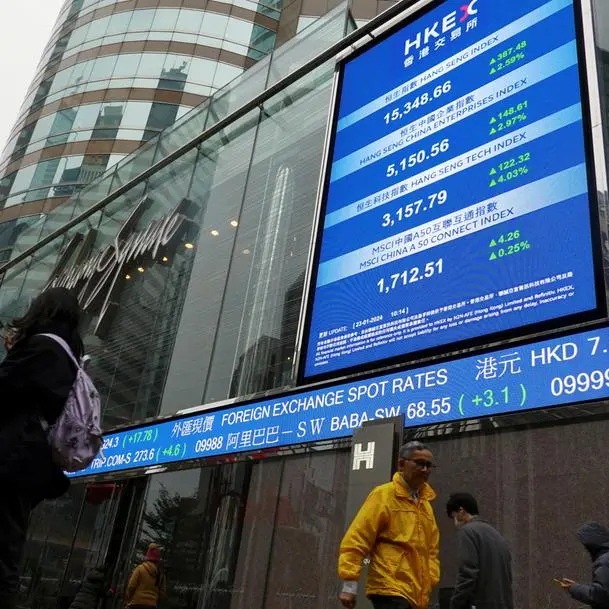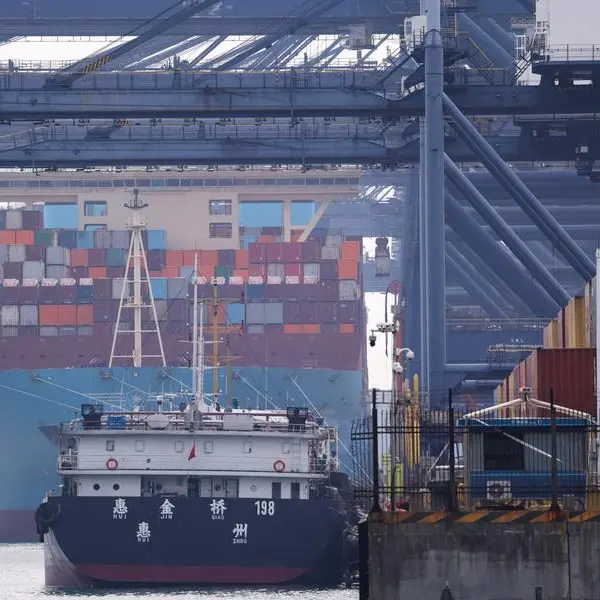PHOTO
The Philippines and treaty allies the US, Australia and Japan are embarking on joint naval exercises today - including anti-submarine warfare - in a show of force in the face of China's growing aggressiveness in pushing its claims in the South China Sea.
In a joint statement, the four treaty allies said through their defense chiefs that their first ever multilateral Maritime Cooperative Activity (MCA) within the Philippines' exclusive economic zone is aimed at safeguarding 'the rule of law that is the foundation for a peaceful and stable Indo-Pacific region' and upholding freedom of navigation and overflight.
China was not mentioned by name in the statement, but the four countries reaffirmed their stance that a 2016 international arbitration ruling, which invalidated China's expansive claims on historical grounds, was final and legally binding.
Beijing has refused to participate in the arbitration, rejected the ruling and continues to defy it. The Chinese embassy did not immediately respond to a request for comment.
At least five warships involved in the exercises will sail from the operational area of the Western Command (WESCOM) in Palawan toward Northern Luzon waters.
The Department of National Defense (DND) said the US is sending the USS Mobile, a littoral combat ship, to sail alongside the Philippine Navy's BRP Gregorio del Pilar and BRP Ramon Alcaraz.
Australia is deploying its HMAS Warramunga, a warship capable of air defense, surface and undersea warfare, surveillance, reconnaissance and interdiction, while the Japan Maritime Defense Force is sending destroyer JS Akebono.
'The Maritime Cooperative Activity will be conducted by naval/maritime and air force units in a manner that is consistent with international law as well as domestic laws and rules of respective nations, and with due regard to the safety of navigation and the rights and interests of other states,' the joint statement read.
The four treaty allies said the MCA is a demonstration of professional interactions among naval and maritime and air forces with the intent of strengthening the interoperability of defense and armed forces doctrines, tactics, techniques and procedures.
'We stand with all nations in safeguarding the international order - based on the rule of law - that is the foundation for a peaceful and stable Indo-Pacific region. Our four nations reaffirm the position regarding the 2016 South China Sea Arbitral Tribunal Award as a final and legally binding decision on the parties to the dispute,' the defense chiefs declared in their joint statement.
The joint statement was signed by Australia's Deputy Prime Minister and Minister for Defense Richard Marles, Japan Minister of Defense Minoru Kihara, US Secretary of Defense Lloyd James Austin III and Defense Secretary Gilbert Teodoro Jr.
'Australia is committed to working with our partners to uphold the global rules-based order. Australia has consistently emphasized the importance for all states to be able to exercise rights and freedoms, including freedom of navigation, in a manner consistent with international law, particularly the United Nations Convention on the Law of the Sea,' Marles said.
'This Maritime Cooperative Activity with our partners the Philippines, Japan and the United States demonstrates our unwavering commitment to working together to maintain a peaceful, stable and prosperous region,' he added.
'Guided by the vision of a Free and Open Indo-Pacific (FOIP), Japan has the vital importance of striving to realize a free and open international order based on the rule of law and securing regional peace and stability in cooperation with its ally, like-minded countries and others,' Japan's Kihara said.
'Japan believes that the issue concerning the South China Sea is directly related to the peace and stability of the region and is a legitimate concern of the international community including Japan, Australia, the Philippines and the United States, and thus Japan opposes any unilateral changes to the status quo by force, such attempts as well as any actions that increase tensions in the South China Sea,' Kihara stressed.
Free and open
In a separate statement, Austin said every country 'should be free to conduct lawful air and maritime operations. These activities with our allies Australia, Japan and the Philippines underscore our shared commitment to ensuring that all countries are free to fly, sail and operate wherever international law allows. Our operations together support peace and stability at the heart of our shared vision for a free and open region.'
For his part, Teodoro explained that the recently launched Comprehensive Archipelagic Defense Concept includes 'strengthening and deepening cooperation and interoperability with all nations, big and small, to maintain regional peace and stability as well as good order at sea based on international law, principally UNCLOS.'
'The series of bilateral and multilateral MCA is a step in building our country's capacity for individual and collective self-defense. This first in a series of activities demonstrates the enduring friendship and partnership among the peace-loving peoples of the Philippines, United States, Australia and Japan,' he said.
Defense spokesman Arsenio Andolong said today's joint sail and naval drills include communication exercises and division tactics or possibly 'officer of the watch maneuvers' and a photo exercise.
The activities, he told reporters, 'are designed to enhance the participating forces' ability to work together effectively in maritime scenarios.'
'This activity sends a clear message of unity and resolve in upholding universally recognized norms and principles and to represent a practical implementation of our partnership with like-minded countries,' he added.
Asked if the MCA might further increase tensions with China, Andolong said 'it should not because this MCA is being conducted within the Philippine EEZ in accordance with international law and established norms in pursuit of our national interest.'
But he added, 'we expect China to malign the exercise as they always do.'
Aside from China and the Philippines, the long-simmering disputes in the South China Sea - a key global trade route - also involve Vietnam, Malaysia, Brunei and Taiwan. Some $3 trillion in goods move every year through the South China Sea.
Skirmishes between Beijing and Manila have particularly flared since last year.
Washington lays no claims to the strategic seaway but has repeatedly warned that it is obligated to defend its longtime treaty ally the Philippines if Filipino forces, ships and aircraft come under an armed attack.
China has warned the US not to intervene in the disputes, which have sparked fears of an escalation into a major conflict that could involve the two world powers.
Japan has separate territorial disputes with China over East China Sea islands.
Increasing tensions in the disputed waters would be high on the agenda when President Joe Biden hosts his Japanese and Philippine counterparts in a summit at the White House this week.
In the latest hostilities last month, the Chinese coast guard used water cannons that injured a Filipino admiral and four of his navy personnel and heavily damaged their wooden supply boat near Ayungin (Second Thomas) Shoal.
The cannon blast was so strong it threw a crewman off the floor but he hit a wall instead of plunging into the sea, Philippine military officials said.
The Philippines summoned a Chinese embassy diplomat in Manila to convey its 'strongest protest' against China. Beijing accused the Philippine vessels of intruding into Chinese territorial waters, warning Manila not to 'play with fire' and saying China would continue to take actions to defend its sovereignty.
Copyright © 2022 PhilSTAR Daily, Inc Provided by SyndiGate Media Inc. (Syndigate.info).
